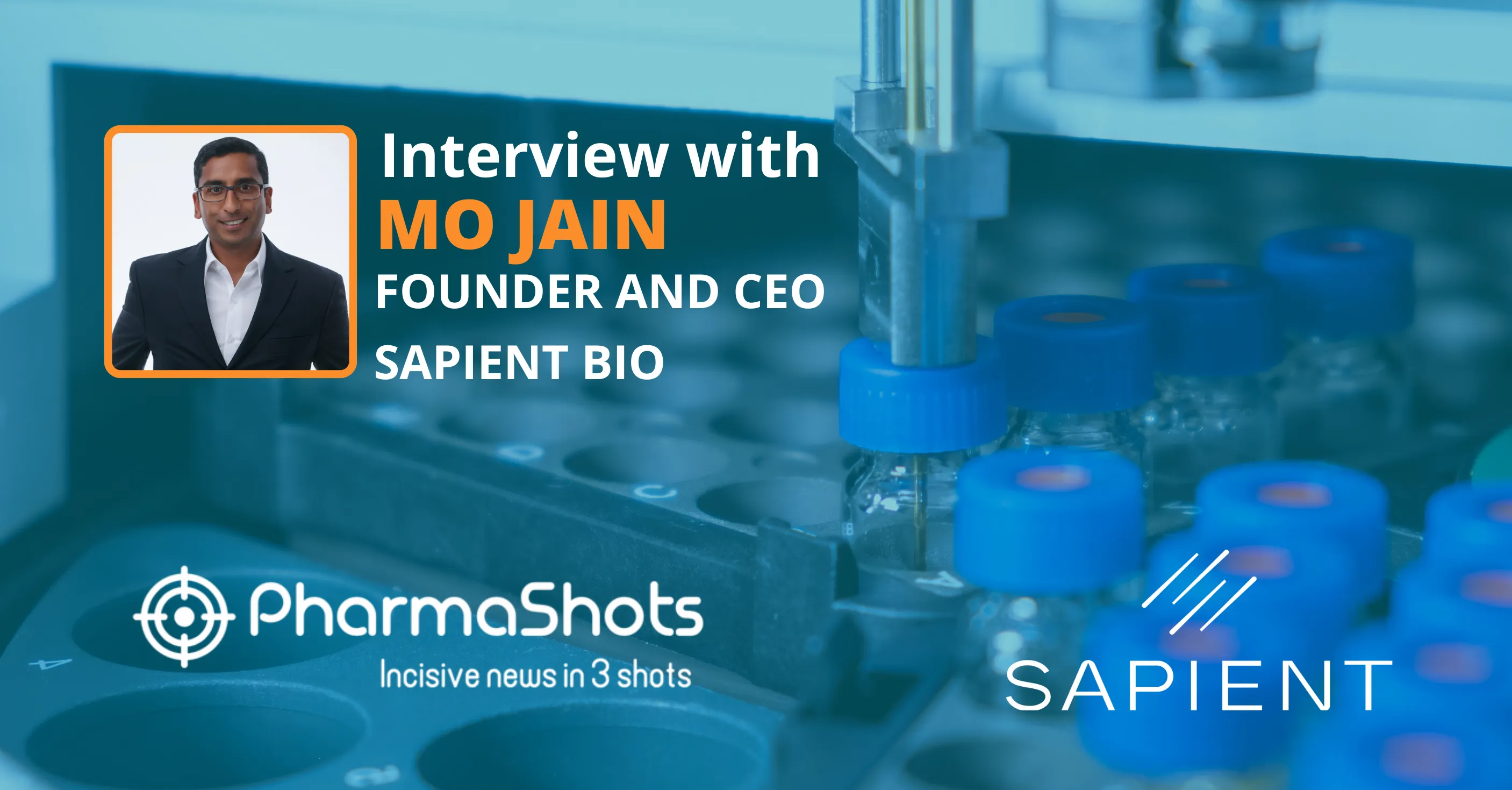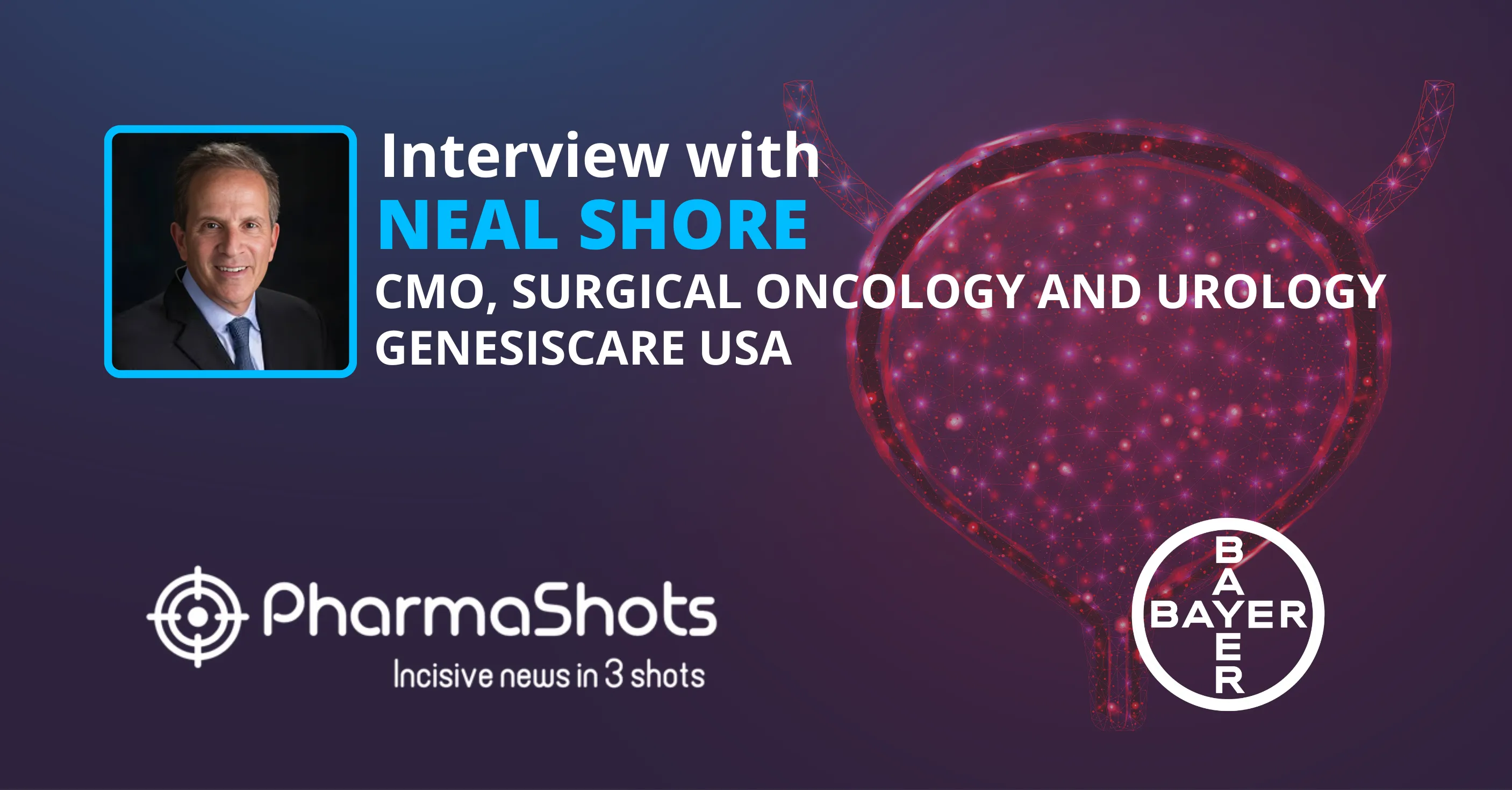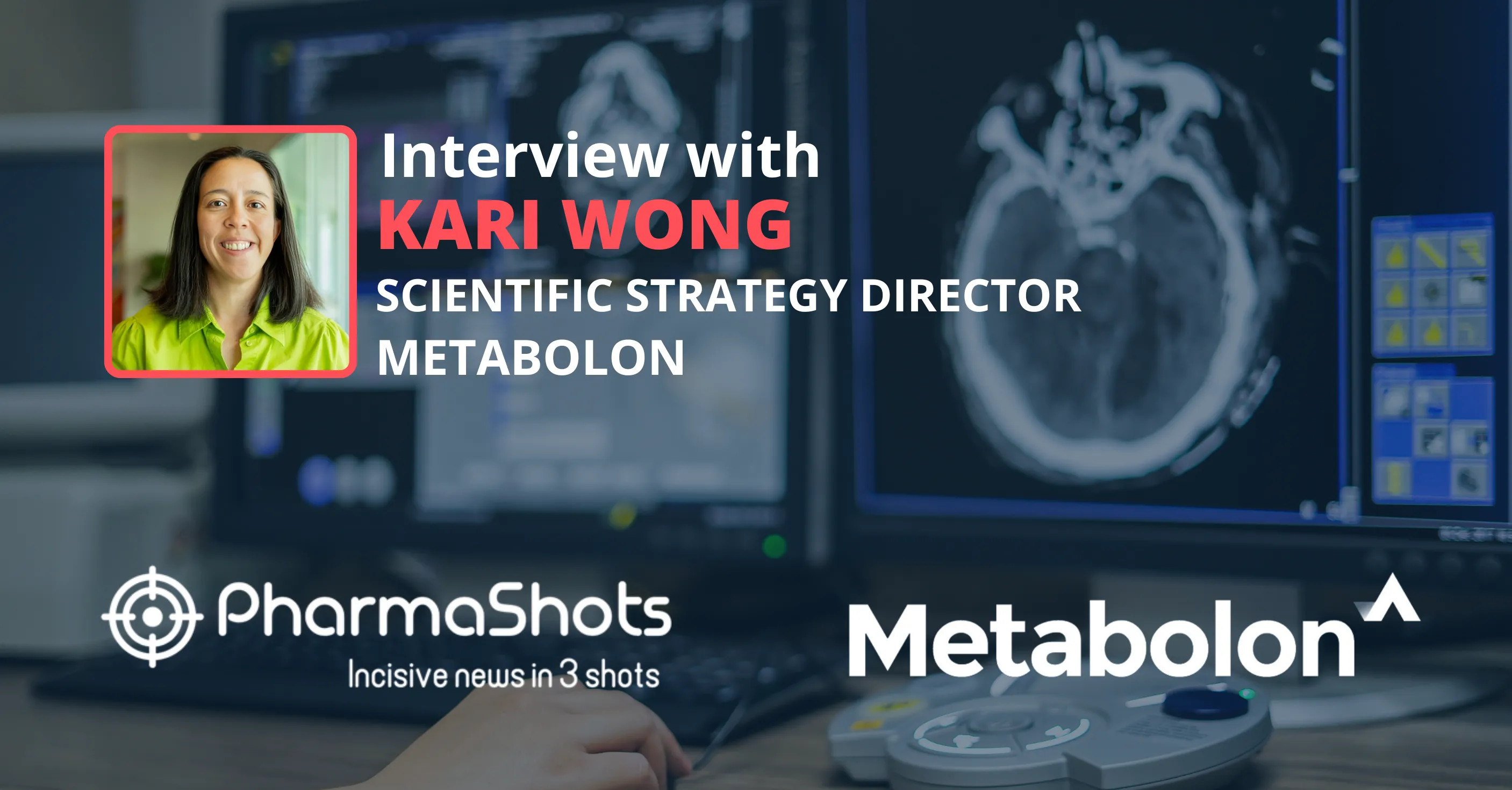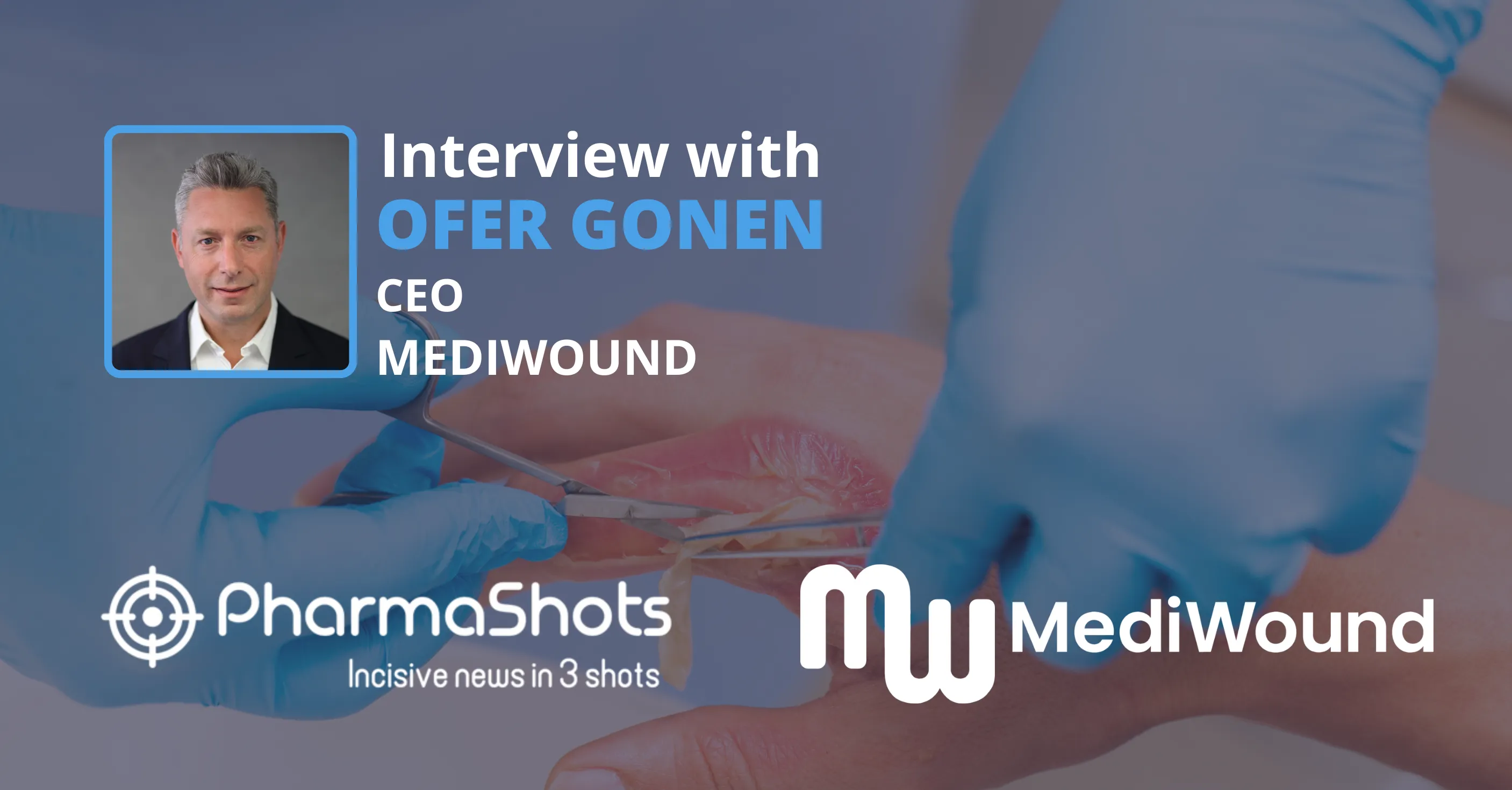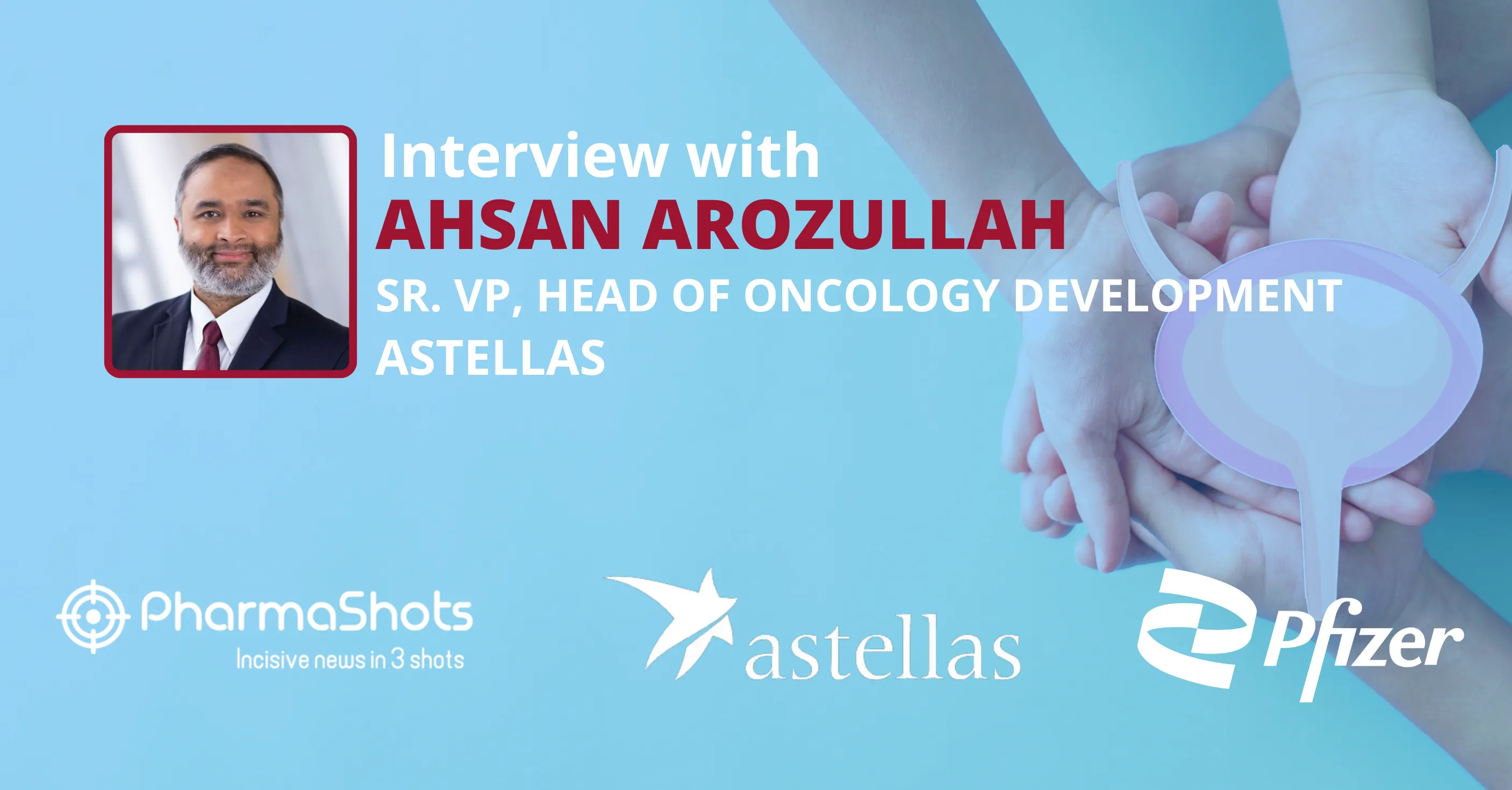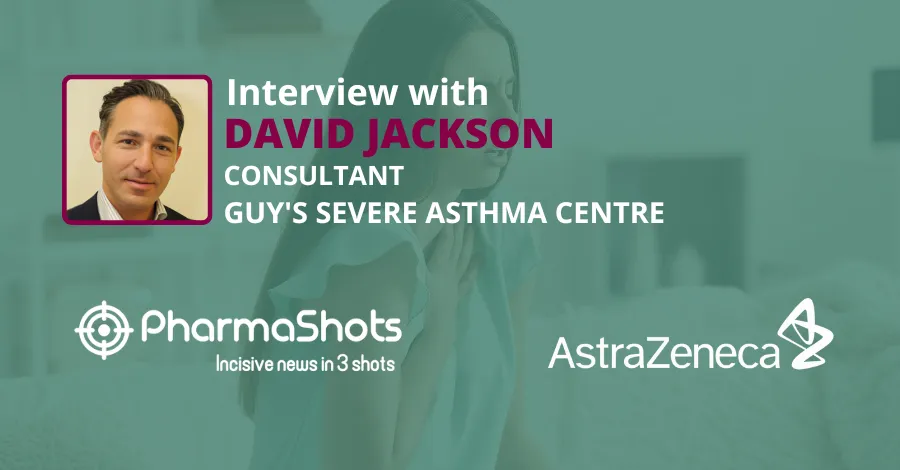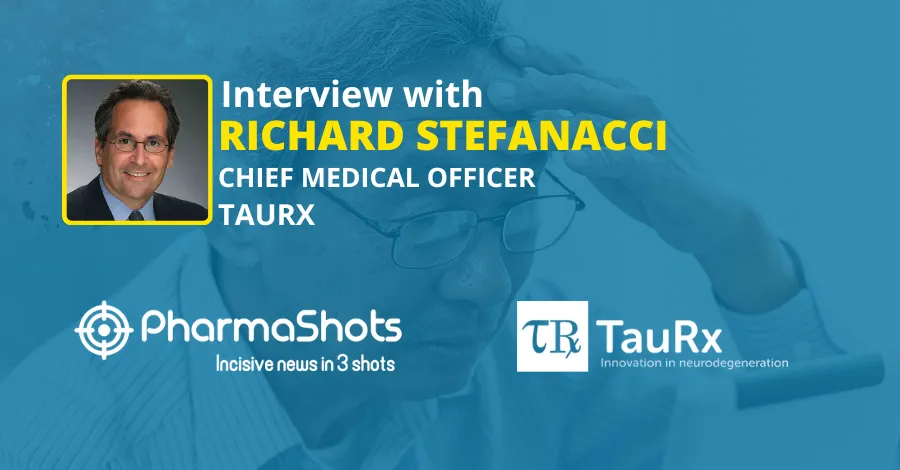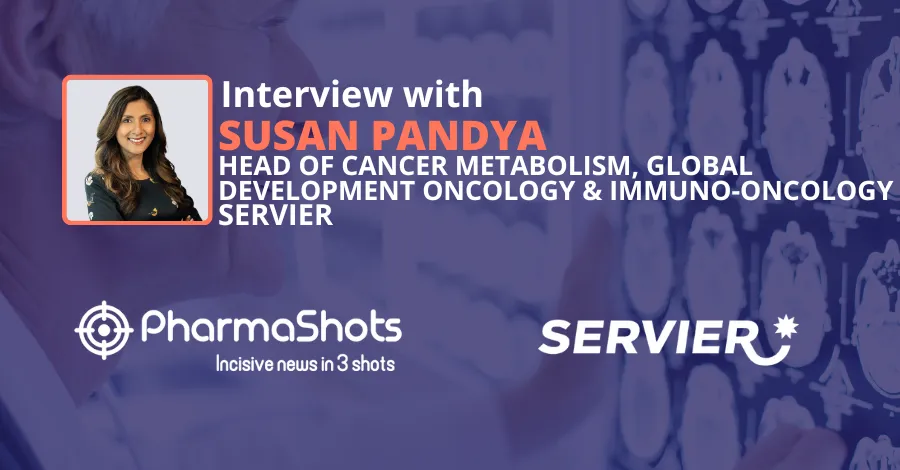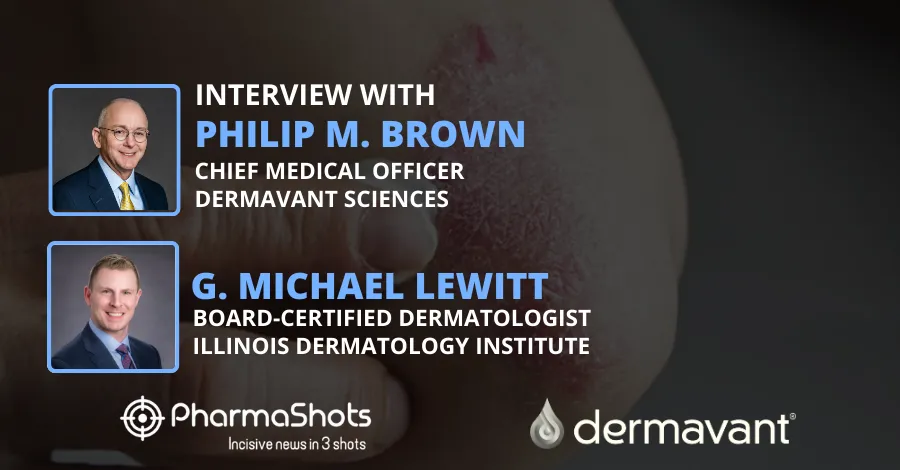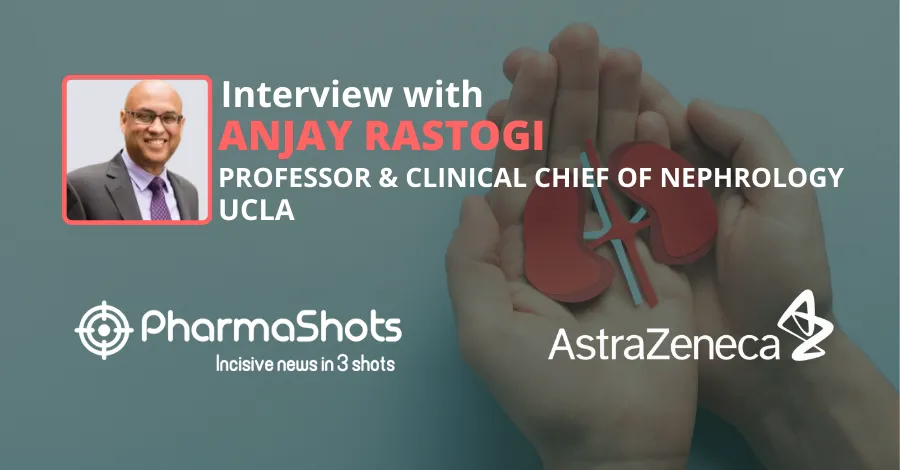
PharmaShots Interview: MindMed’s Robert Barrow Shares Insights on Study to show Key Differences Between LSD and Psilocybin
In an interview with PharmaShots, Robert Barrow, CEO at MindMed shared his views on the Study Acute Effects of Lysergic Acid Diethylamide vs. Psilocybin in Healthy Subjects
Shots:
- Robert spoke about the data from the peer-reviewed publication of a study comparing the acute effects of LSD and psilocybin in healthy subjects
- Robert also emphasized the clinical results and significance of psychedelic compounds across brain health disorders
- The interview provides a deeper understanding of the treatment of various psychiatric and neurologic disorders through LSD and psilocybin
Smriti: Discuss the key highlights of data published in Neuropsychopharmacology and titled, “Direct comparison of the acute effects of lysergic acid diethylamide and psilocybin in a double-blind placebo-controlled study in healthy subjects”
Robert: This study was the first modern study, to our knowledge, to directly compare LSD and psilocybin in terms of both subjective and autonomic effects on the body. This study indicates that the differences between LSD and psilocybin are dose-dependent rather than substance-dependent.
The study results suggest that 20 mg psilocybin is equivalent to 100 μg LSD, and 30 mg psilocybin is equivalent to 150 μg LSD. These findings suggest the dose equivalence of LSD to psilocybin to be approximately 1:200. Both doses of LSD and the high dose of psilocybin produced qualitatively and quantitatively similar subjective effects, indicating that alterations of the mind do not differ beyond the effect duration.
Most importantly, the results from this study will have significant implications for dose findings in future research and will enable more direct comparisons when interpreting clinical results of psychedelic compounds.
Smriti: What are the key differences between LSD and psilocybin?
Robert: Both lysergic acid diethylamide (LSD) and psilocybin stimulate the serotonin 5-hydroxytryptamine-2A (5-HT2A) receptor. Mechanistically, LSD has been shown to bind to and be an agonist, or activator, of dopamine D1-3 receptors. The active component of psilocybin, on the other hand, inhibits the serotonin transporter, thus blocking serotonergic signaling and prolonging the time that unbound serotonin is in the synaptic cleft. Both actions result in an altered mental state but achieve this in slightly different ways.
Smriti: What could these findings mean for the psychiatric and neurological disorders treatment landscape?
Robert: These findings support the safe and effective use of pharmacologically optimized psychedelic compounds like LSD and psilocybin in the treatment of brain health disorders. The results from this study will significantly aid the dose finding process for psychedelic compounds in clinical trials moving forward. They also enable more direct comparisons between data sets when interpreting clinical results of psychedelic compounds across various brain health disorders.
Smriti: Discuss the significance of psychedelic compounds across brain health disorders.
Robert: There is a huge potential for psychedelic inspired compounds for the treatment of brain health disorders. There are approximately 1 billion people who suffer from mental illness globally. The overall poor health and lost productivity due to mental health disorders are projected to reach a staggering $6 trillion by 2030. Many of the existing treatment options take a one-size-fits-all approach and largely focus on symptom management instead of targeting the root cause of the disorder.
At MindMed, we are pioneering psychedelic-inspired treatments that go beyond symptom management and address the root cause of brain health disorders. This is possible because the pharmacologically optimized psychedelic compounds in our pipeline have all shown preclinical and/or clinical potential in addressing mental health disorders. Preclinical data shows our R(-)-MDMA compound maintains the pro-social and empathogenic effects of racemic MDMA but with fewer signs of adverse events such as stimulant activity, neurotoxicity, hyperthermia, and abuse liability. The profile of R-MDMA could have the potential for novel and more accessible delivery models and repeat dosing.
Despite decades of stigmatization, we believe that there is power in psychedelic-inspired compounds that go beyond the experiential component and can aid sustained improvements in mental health. LSD, for example, has been the subject of research and clinical trials for decades now. There have been 29 published clinical studies, 12 of which have occurred since 2008, and over 1,000 patients to date have been treated in clinical trials with LSD. While LSD certainly has one of the longest track records for clinical research, other psychedelic compounds share a somewhat similar history. These compounds have been known for quite some time. Unfortunately, their utility in effectively treating brain health disorders has only recently begun to garner support.
We are investigating psychedelic-inspired compounds for a range of indications including generalized anxiety disorder, chronic pain, opioid addiction, and an autism spectrum disorder. What we are finding with each of these psychedelic inspired compounds in these indications is that they are better able to address the underlying symptoms associated with these indications. For example, our 18-MC molecule, derived from ibogaine with anti-addictive properties, is designed to correct the dysregulation in the brain's reward/pleasure center to treat addiction without the hallucinogenic and potential negative side effects of ibogaine.
Psychedelic treatments may show positive effects beginning as quickly as the day of treatment and have shown maintenance of these effects for several months. Some individuals even achieve full remission. This provides huge potential for traditional psychedelics like LSD, psilocybin, or MDMA but also allows for the development of the next generation of treatments for brain health disorders using psychedelic inspired compounds that are structurally similar molecules yet do not have the same mind-altering properties.
Smriti: Who are your potential threats in providing Psychedelic compounds?
Robert: We believe that, in our industry, a rising tide will lift all boats, so our ethos is to cheer on others making genuine, lasting innovations in this space. With many psychedelic compounds and derivatives being studied for a range of indications, collaboration is the way forward. This will not be a winner-take-all market. We are taking a collaborative approach to advancing our pipeline through partnerships with all who share our mission to revolutionize the treatment of brain health disorders by bringing an entirely new class of drugs to patients.
Smriti: Discuss more on MindMed. What are the different products the company is working on?
Robert: MindMed is on the cutting edge of neuropsychiatry. We are building an industry leading pipeline of psychedelic-inspired therapies. Our portfolio includes three lead candidates, the first of which is a pharmacologically optimized form of LSD called MM-120, currently in a Phase 2 trial for treating generalized anxiety disorder. It is the first LSD commercial study in 40 years. We are also developing 18-MC, a psychedelic-derived candidate with anti-addictive properties, for the treatment of opioid withdrawal, currently in a Phase 2a study and R-MDMA, our pharmacologically optimized form of MDMA, a pro-social drug, for the treatment of anxiety disorders in adults with autism spectrum disorder. Earlier this year we also enrolled our first patients in a study of our proprietary session monitoring system, our leading digital health asset. We continue developing a comprehensive toolset that includes technologies to personalize a patient’s psychedelic therapy experience, providing insights that could contribute to the patient’s breakthrough.
Smriti: What do you think about the future of psychedelic drug development?
Robert: We think the future is very bright for pharmacologically optimized, psychedelic-inspired therapeutics. We have engaged with the FDA regarding our pharmacologically optimized form of LSD, MM-120, and its recent IND FDA clearance was not only a milestone for MindMed but for the mental health treatment landscape because it has established a clearer regulatory path for psychedelic-inspired compounds in the development. As the field continues to grow and a deeper understanding of the therapeutic benefits of these compounds is developed, we expect to see additional approvals for psychedelic inspired treatments for brain health disorders.
Source: MedStar Health
About Author:

Robert Barrow is the CEO at MindMed. He is a pharmaceutical executive and clinical pharmacologist with experience in drug development programs. He has been responsible for the design and execution of preclinical research programs for new molecular entity drugs in various CNS conditions. Mr. Barrow earned a master’s degree in pharmacology from The Ohio State University and a Bachelor of Science degree from Wake Forest University
Related Post: PharmaShots Interview: Medicago’s Brian Ward Shares Insights on COVIFENZ, a Plant-Based COVID-19 Vaccine
Tags

Senior Editor at PharmaShots. She is curious and very passionate about recent updates and developments in the life sciences industry. She covers Biopharma, MedTech, and Digital health segments along with different reports at PharmaShots.



